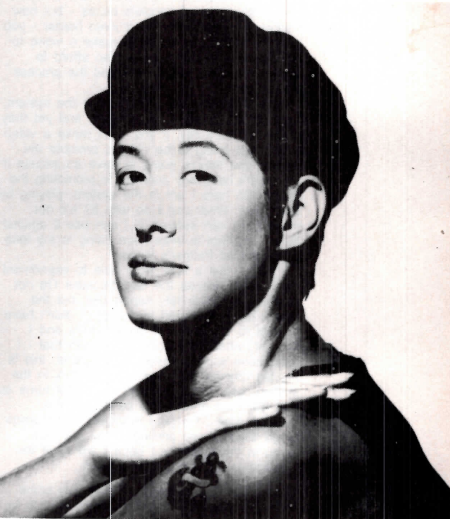Michelle Shocked: Music first, politics second

Early in her show at the Living Room last night, Michelle Shocked delivered a succinct summation of her current philosophy: “If I can’t dance, you can keep your revolution.” So, Shocked’s show was an upbeat, horn-drenched affair that kept the overt politics at a minimum.
Shocked, wearing a black tank top and a cap, was backed by a fine band, particularly the crack two-man horn section of Jim Pollock (sax) and Max Haskett (trumpet), who managed to sound like considerably more than just two players.
Shocked opened the show with a driving, bluesy version of “When I Grow Up,” with a gritty sax solo from Pollock. She followed with “God is a Real Estate Developer,” with its big horn fills and honky-tonk piano.
Next Shocked took some time to talk to the crowd, managing to link New Orleans keyboard master Professor Longhair and radical Emma Goldman while explaining the virtues of hip swinging and wild arm-waving as a cure for life’s problems.
To prove her point, she launched into “[On] the Greener Side,” a tune that had her sashaying across the stage. “[(Making The Trip To)] Gladewater” maintained the jaunty mood, with its trebly lead guitar and tinkling barrelhouse piano.
But Shocked knows the virtues of mixing things up, so she moved to “Looks Like Mona Lisa,” a quieter reflection on Da Vinci’s mystery woman, sung over synthesized strings. Then it was some early jazz with “Silent Way” and “Cement Lament,” nicely accented by the soprano sax and muted trumpet. “Streetcorner Ambassador,” in the same musical vein, hides its acid comments about the homeless behind its jazz phrasing.
The whole mood changed when Shocked did “Graffiti Limbo,” a song she wrote after a young man, arrested for writing graffiti in New York City, died in police custody. Here you could see Shocked’s anger, like a glimpse of concrete wall beneath the party decorations. Her singing was tough, intense, and bearing down on the words “When there ain’t no justice,” an accusation flung at the murderers. It was a lot less fun, but considerably more powerful, than the rest of the show.
Added to Library on April 18, 2020. (135)
Copyright-protected material on this website is used in accordance with 'Fair Use', for the purpose of study, review or critical analysis, and will be removed at the request of the copyright owner(s).
